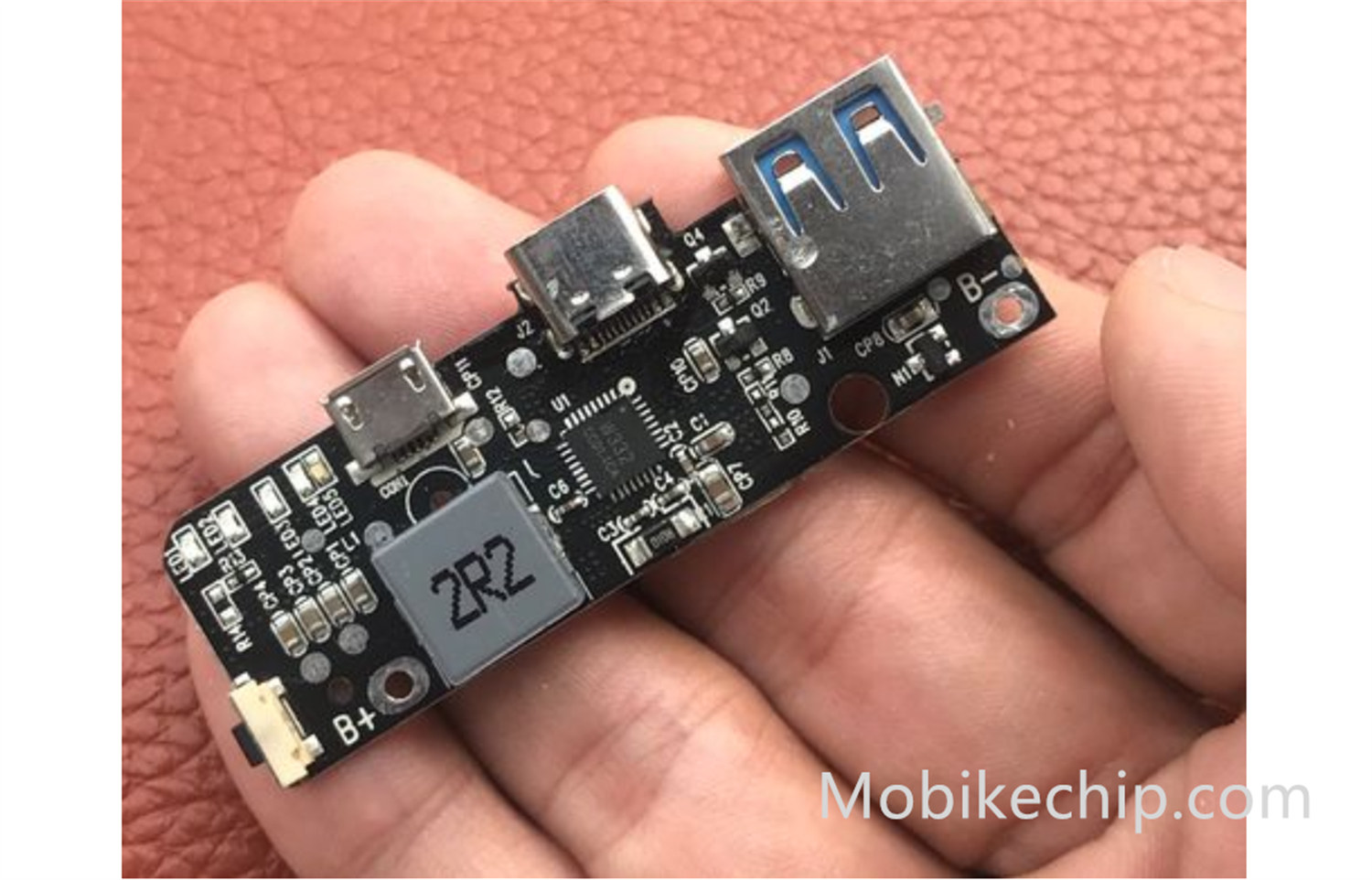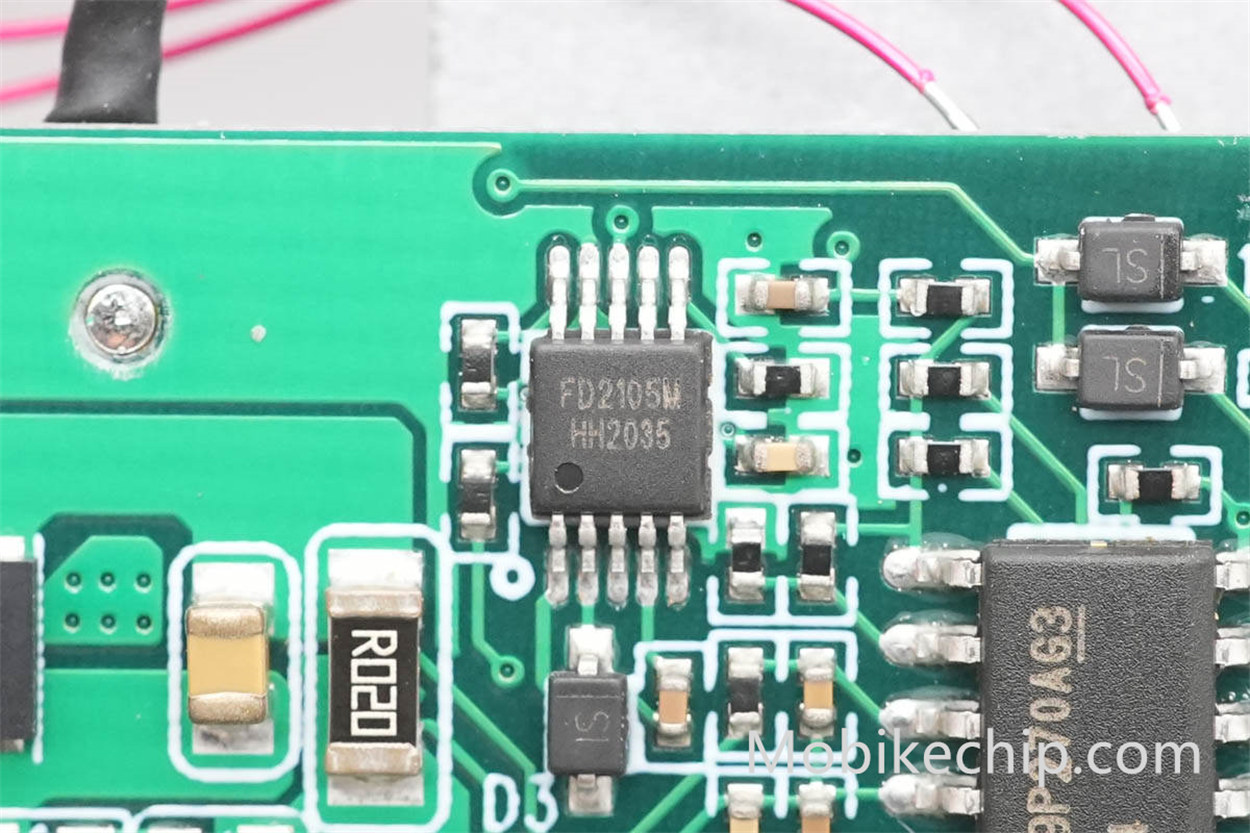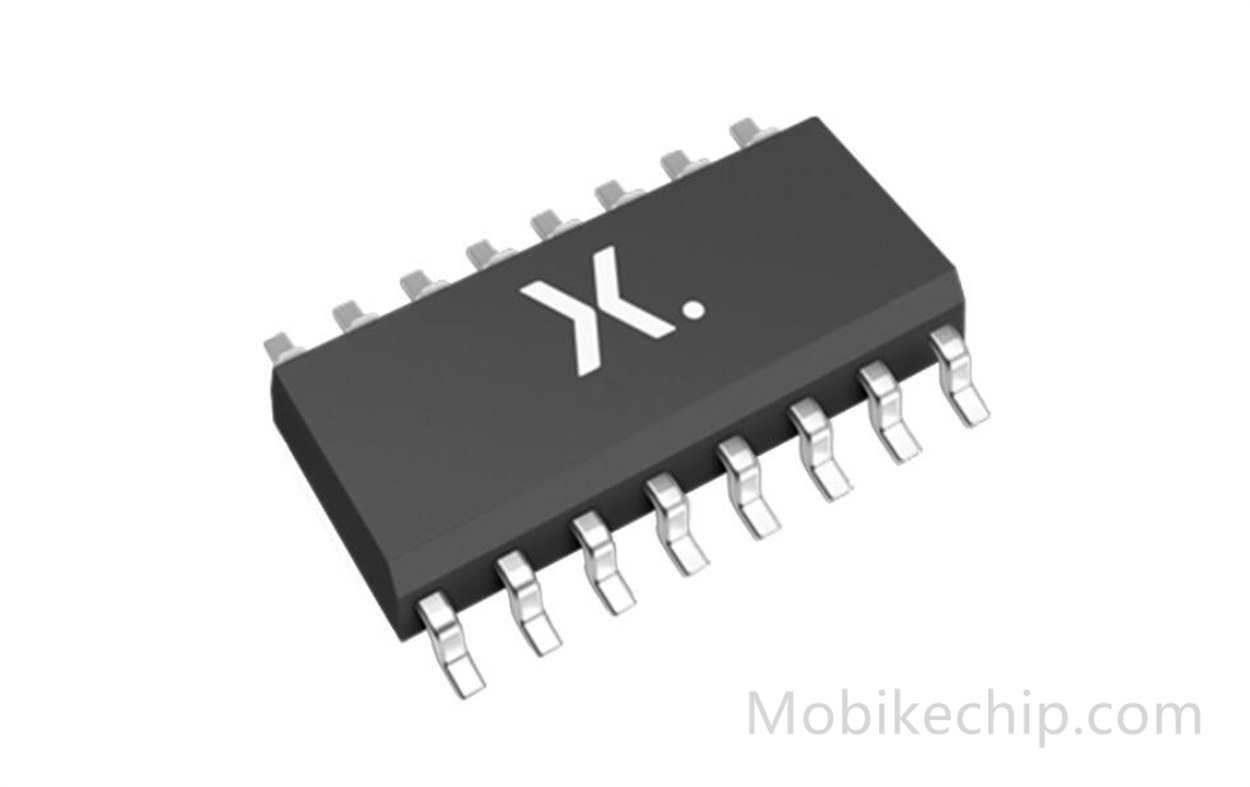Exploring Analog Switches for Special Purpose Applications -Mobikechip Dealer
Analog switches are versatile components that play a critical role in routing and controlling analog signals in electronic circuits. Special-purpose analog switches take this functionality further, offering unique features tailored for specific applications. These switches excel in areas where precision, low power consumption, and minimal signal distortion are essential.
This article delves into the technical principles behind special-purpose analog switches, their design considerations, and their applications across various industries.

Understanding Analog Switches
Analog switches operate as electronically controlled switches, allowing or blocking the flow of analog signals. They can handle a wide range of input signal types, including voltage, current, and frequency.
How Analog Switches Work
Analog switches function using semiconductor components like MOSFETs to control the signal path. When an appropriate control voltage is applied, the switch conducts and allows signal transmission; otherwise, it isolates the path.
- ON-State: Low resistance path enables the flow of signals.
- OFF-State: High resistance blocks signal transmission.
Special-purpose analog switches often incorporate additional features such as reduced ON-resistance, higher signal bandwidth, and integrated protection against voltage spikes.
Key Characteristics of Special-Purpose Analog Switches
Special-purpose analog switches are optimized for performance in demanding environments.
Low ON-Resistance
Low ON-resistance minimizes signal loss and ensures high fidelity in sensitive applications, such as audio and video processing.
High Bandwidth
High-frequency signals require switches with wide bandwidths to maintain signal integrity, crucial in RF and telecommunications.
Low Power Consumption
Many applications, such as portable devices, demand switches with minimal power draw to conserve battery life.
Protection Features
Built-in protection against electrostatic discharge (ESD) or over-voltage ensures reliability in harsh environments.
Applications of Special-Purpose Analog Switches
Analog switches find applications in various fields where precise signal routing is essential.
Audio and Video Systems
Analog switches are widely used in multimedia systems for signal routing between components like amplifiers, speakers, or video display modules.
- Audio Switching: Enable smooth transitions between audio sources without introducing noise or distortion.
- Video Processing: Route high-resolution video signals with minimal attenuation and distortion.
Medical Equipment
In medical devices, special-purpose analog switches ensure precise signal handling, essential for diagnostic accuracy.
- Imaging Systems: Route signals in ultrasound and MRI systems without degrading image quality.
- Monitoring Devices: Handle bio-signals such as ECG and EEG with high accuracy.
Test and Measurement Instruments

Analog switches are essential in oscilloscopes, signal analyzers, and other precision instruments.
- Multiplexing Signals: Enable measurement of multiple input signals without introducing crosstalk.
- Signal Conditioning: Provide accurate routing for signal processing chains.
Industrial Automation
Industrial control systems benefit from the reliability and robustness of special-purpose analog switches.
- Sensor Integration: Connect multiple sensors to a control system for efficient monitoring.
- Actuator Control: Route control signals to actuators in manufacturing equipment.
Design Considerations for Special-Purpose Analog Switches
Selecting the right analog switch for a specific application involves understanding its operating environment and performance requirements.
Signal Range and Voltage Handling
Ensure the switch can accommodate the signal's voltage and current range without distortion or damage.
ON-Resistance and Bandwidth
For high-speed or high-fidelity applications, choose switches with minimal ON-resistance and sufficient bandwidth.
Power Supply Compatibility
Special-purpose analog switches are often designed to work with specific supply voltage ranges. Verify compatibility with your circuit's power supply.
Thermal Performance
Evaluate the switch’s thermal performance, especially in applications with continuous high-power operation.
Future Trends in Analog Switch Technology
With advancements in technology, special-purpose analog switches continue to evolve, addressing the growing demand for smaller, faster, and more efficient components.
Miniaturization
The trend toward compact designs has driven the development of analog switches with higher functionality in smaller packages.
Integration with Digital Systems
The integration of analog switches into mixed-signal ICs bridges the gap between analog and digital domains, improving system efficiency.

Enhanced Signal Integrity
Future analog switches are expected to offer even lower ON-resistance and distortion, meeting the demands of high-resolution audio, video, and RF applications.
Conclusion
Special-purpose analog switches are indispensable in modern electronic systems, delivering precision, efficiency, and reliability across diverse applications. Their ability to handle complex signal routing makes them essential in industries ranging from audio-video to medical and industrial automation.
At MobikeChip, we offer a wide range of analog switches tailored to meet your design needs. Whether you’re building advanced medical devices or high-fidelity audio systems, our extensive product portfolio ensures you’ll find the perfect match for your project.
About Us
MobikeChip offers a broad range of genuine electronic components from over 2,600 manufacturers at competitive prices. Our product portfolio includes Integrated Circuits (ICs), Discrete Semiconductor Products, Resistors, Capacitors, Relays, Switches, Transformers, Sensors, Transducers, Inductors, Coils, Chokes, Potentiometers, Variable Resistors, Crystals, Thermal Management products, and more.
Category page: Analog Switches - Special Purpose-Interface-Manufacturers-Dealer-MobikeChip
Reprinted from: https://www.mobikechip.com/static-blog-detail/182.html
Comments
Post a Comment